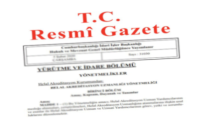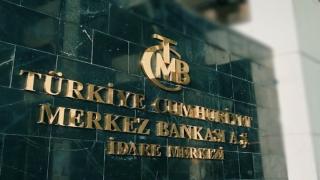While President Mr. Recep Tayyip Erdoğan announced the VAT reduction on some products, he increased the tax on some luxury products. According to this;
· VAT was reduced from 18% to 8% on basic products such as diapers, toilet paper, detergent and soap.
· VAT was reduced from 18% to 8% for home purchases smaller than 150 square meters.
· VAT on medical equipment was reduced from 18% to 8%.
· The VAT rate in the food and beverage sector was determined as 8%.
· VAT on capital gains of automobile dealers and yacht sales was increased from 1% to 18%.
In the face of rapidly increasing inflation, it is seen that the government wants to take measures by reducing the taxes on consumption. In particular, within the framework of the decreasing consumption power of households in the face of increasing inflation, tax reductions have been made in food and now some basic needs products. Products such as detergents, soap, toilet paper, napkins, and diapers announced by Mr. Erdoğan were included in the "Miscellaneous Goods and Services" category, along with a number of other goods and services in the consumer price index basket, while the weight of this category in the basket was 4.96%. With the addition of food and beverage and housing related items, an inflation basket weight of approximately 10% is reached. When these coefficients are matched, 10% VAT reduction can have an impact of approximately 1 point on inflation.
In the previous months, there was a 7-point VAT reduction from 8% to 1% in food. Price controls were also increased, but we observed that there was no decrease in base prices due to the rise in inflation. Therefore, even if the tax burden is reduced, as long as there is an increase in tax-free prices, VAT reductions will dissolve differently in an environment where inflation reaches 60%.
Kaynak Tera Yatırım
Hibya Haber Ajansı









